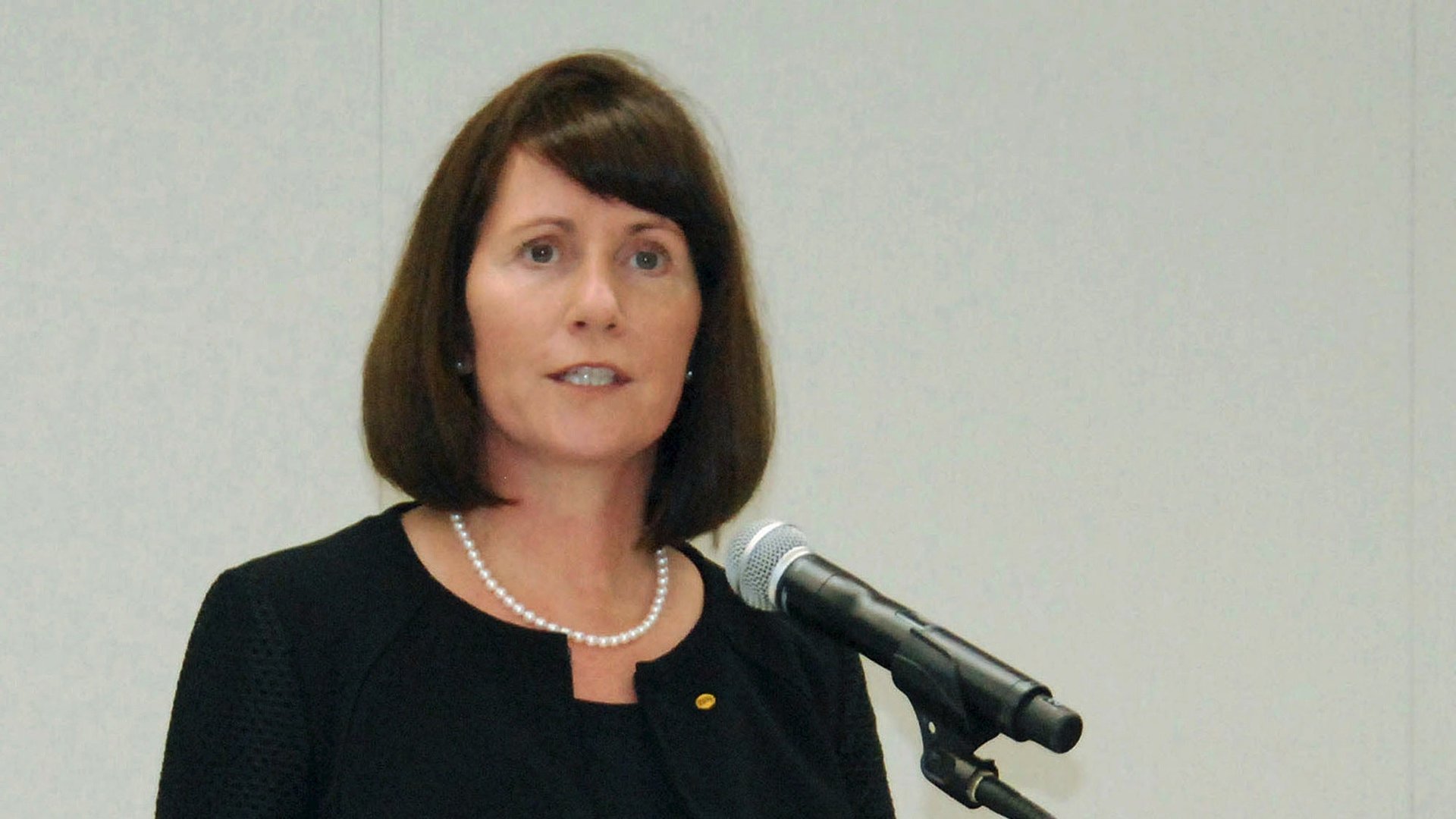Toyota’s first senior female executive resigns after being arrested for allegedly smuggling painkillers into Japan
Julie Hamp, the public relations chief of Toyota, has resigned after being detained over allegations of illegally importing prescription painkillers into Japan, the company said today (July 1).


Julie Hamp, the public relations chief of Toyota, has resigned after being detained over allegations of illegally importing prescription painkillers into Japan, the company said today (July 1).
Hamp, who has denied culpability, has not yet been charged. The American has been in custody in Japan—where it’s legal to hold suspects for up to 23 days without formal charges—since June 18.
Police said Japanese customs officials found 57 pills of the highly potent prescription drug oxycodone inside a package Hamp had mailed to herself, local news reports said. While the pills are legal with a prescription in the US, they are illegal to ship by mail to Japan.
Hamp’s resignation deals a blow to Toyota’s much-publicized efforts to bring more global diversity to the company: she was the first female to rise to Toyota’s executive ranks and was one of the few senior leaders at the company who was not Japanese.
Her appointment and decision to move to Japan in March were hailed as a sign the company was committed to mixing up the company’s top ranks—a decision Toyota CEO and founding family heir Akio Toyoda said he would not waver from in a press conference he held last week in support of Hamp.
“Regardless of the passport, the nationality or the gender, we would appoint the person most appropriate to the position to become a truly global company,” he said.
“Maybe we didn’t have enough support for her in Japan,” Toyoda went on to say, “but there will be no change to our basic fundamental policy.”
Toyoda said last month that he would cooperate with police investigations but would stand by Hamp, referring to a familial relationship he felt for his employees.
“All of them are like my children,” he said. “When the child commits a problem, then the parent has to apologize as the responsibility as a parent.”
The company said it in a statement that it ”accepted her resignation after considering the concerns and inconvenience that recent events have caused our stakeholders.”
Hamp’s resignation comes as the latest in a series of hits to Toyota’s reputation in recent months.
The auto giant is still dealing with the blowback from accusations of hiding deadly “unintended acceleration” problems. The carmaker had to recall millions of cars and in March agreed to pay $1.2 billion to settle a class-action suit and a criminal investigation on the matter.